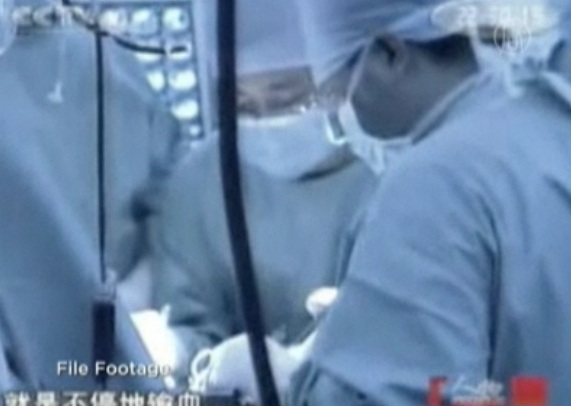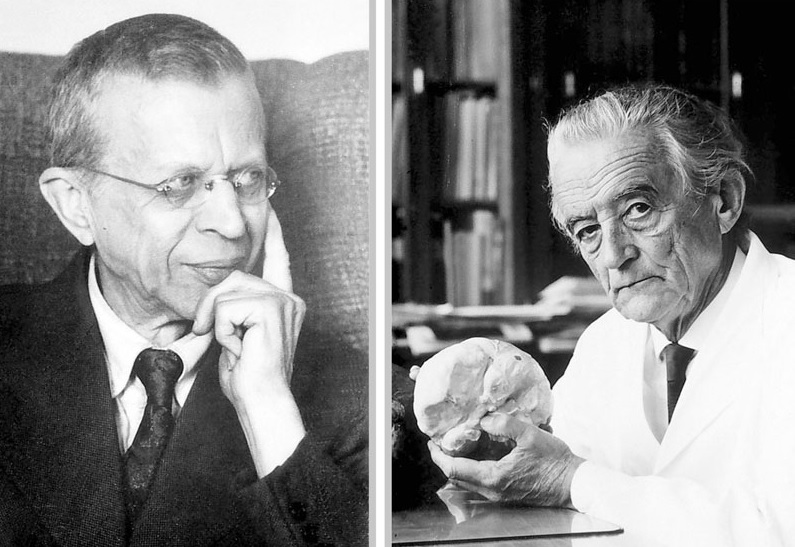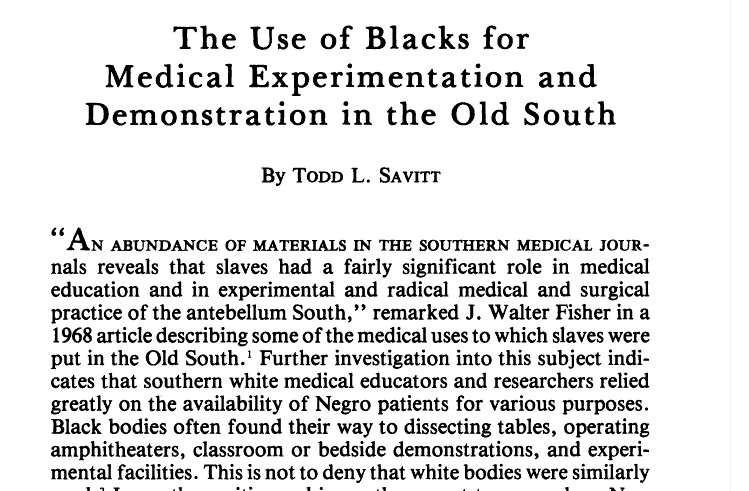Responsible for Equality And Liberty (R.E.A.L.) seeks to promote a consistent stand in support of the Universal Declaration of Human Rights for all people. These universal human rights include the dignity and security of our fellow human beings. This is specifically stated in the Universal Declaration of Human Rights (UDHR) Article 3 “Everyone has the right to life, liberty and security of person” and in Article 1 “All human beings are born free and equal in dignity and rights. They are endowed with reason and conscience and should act towards one another in a spirit of brotherhood.” This is what the nations of the world have agree to for over 60 years.
The challenge for those who respect such human rights is to hold the world accountable to these declarations, including the challenge to the Nazi Eugenics based concept of “organ harvesting” from those whose lives the Nazis felt had “life unworthy of life.”
R.E.A.L.’s support for such universal human rights and dignity has included past R.E.A.L. campaigns to protest the sales of body parts from prisoners in Chinese Communist Party (CCP)-controlled China, including reports of body parts obtained from prisoners of conscience who follow the Falun Gong practice, a practice that the CCP-controlled Chinese totalitarians view as “body part harvesting.” R.E.A.L. promotes petitions to call for the end of such organ harvesting of Falun Gong practitoners.
On the issue of such “organ harvesting” of the Falun Gong, transplant doctor Tom Treasure has written: “If Matas and Kilgour are correct, the organs come from incarcerated members of an innocent sect—and the perpetrators are of necessity medical practitioners. As the allegation unfolds, the story seems horrific to the point of being almost beyond belief. So alarmed was I on learning of this allegation that I struggled to make sense of it. The element of the story that horrifies me most, if it is true, is that it is my medical colleagues, the doctors, who perpetrate these acts.”

Responsible for Equality And Liberty (R.E.A.L.) Calls for the CCP and All Chinese Doctors to Reject the CCP Demands for Organ Harvesting on Chinese Prisoners, End Such Killings for Organs and Atrocities, and to End the Crimes Against Humanity Perpetuated against Falun Gong Practitioners (Photo: NDTV file photo)
R.E.A.L. has also challenged the criminal practice in selling the body parts of such Chinese prisoners to German and American groups who made ghoulish life size replications of denuded dead bodies of human beings and their body parts for the entertainment of others.
The challenge of body part sales of those who do so unwillingly by force, as well as those impoverished and desperate individuals who are forced by extreme economic oppression, is an issue which people of conscience must consider in respecting our shared universal human rights.
For context, we must remember that the Universal Declaration of Human Rights (UDHR), signed on December 10, 1948, by the nations of the world, including the United States and China, was a response to atrocities by the Nazi Germans during World War II.
The UDHR begins with noting that such “disregard and contempt for human rights have resulted in barbarous acts which have outraged the conscience of mankind.” These barbarous acts have included Nazis committing experimentation on live bodies, as well as the murder of children, Russians, political prisoners, and Jewish people for their body parts.
Dr. Tom Treasure writes that: “In the 1930s the first steps on the road to the holocaust were taken—and they were taken with the complicity of doctors. How this came about merits attention for, if we do not recognize the facts and understand how it happened, how can we guard against it happening again?”
As reported by Emily Bazelon, “The Max Planck Society admitted that its collection contained the tissue of euthanasia victims—including 700 children.”
The Nazis provided body parts from the Holocaust to medical institutions throughout Europe. Reports have recently surfaced of such body parts of victims of the Holocaust turning up in France, as they have appeared in collections of human body parts and specimens throughout Europe. On July 19, 2015, the Independent reported that the “remains of 86 Jewish Holocaust victims used for human experiments by Nazis found hidden in Strasbourg lab” in France.
Emily Bazelon reports that “In June 1945, a Boston neurologist named Leo Alexander, a consultant for the United States secretary of war, visited Julius Hallervorden, a doctor and member of the Nazi Party who in 1938 became head of the neuropathology department of the Kaiser Wilhelm Institute for Brain Research (one of the world’s pre-eminent psychiatric research centers, with a building financed in the 1920s by the Rockefeller Foundation). Hallervorden showed Alexander a collection of 110,000 brain samples from 2,800 people. Hallervorden said that with the director of his institute, Hugo Spatz, he had harvested the brains of victims of the T-4 killings—the Nazi program to gas psychiatric patients at six “euthanasia’ centers in Germany and Austria. ‘Hallervorden was present at the time of the killings and removed brains from the murdered victims,’ Seidelman writes. Alexander reported what he learned, but no one took action against Hallervorden and Spatz. They were allowed to help relocate the Kaiser Wilhelm institute to Frankfurt, Germany, where it was renamed the Max Planck Institute for Brain Research.” (and where it continues to exist today).

German Nazi Doctors Hallervorden and Spatz were involved in Nazi atrocities in studying the brains of euthanasia victims from the Holocaust
In describing his concern about modern day organ transplants from Chinese victims, Dr. Tom Treasure recounts that the Nazi actions against human dignity and defiling of bodies (living and dead) to rob them of their organs, began with the idea that some human beings do not deserve the universal human right of life. He writes that “Their state was captured in the German phrase lebensunwertes Leben meaning ‘life unworthy of life'”.
But the process of removing the body parts and organs of the powerless and the poor has been with us much longer than the Nazi violence, and we have seen it as part of the history of white supremacy in the United States – either directly or indirectly.
Emily Bazelon has also reported: “In the United States, medical students robbed graves, often of African-Americans. ‘In Baltimore the bodies of colored people exclusively are taken for dissection because the whites do not like it, and the colored people cannot resist,’ a British travel writer observed in 1838. When paupers were the target of body snatching, the practice was justified by their poverty. ‘Why would those who have made war on society or have been a burden to it be permitted to say what shall be done with their remains?’ the Washington Post asked in an 1877 editorial. ‘Why should they not be compelled to be of some use after death, having failed to be of value to the world during life?’ ”
Such use of African-Americans and African-American slaves bodies as “organ donors” has been reported in other studies such as “The Use of Blacks for Medical Experimentation and Demonstration in the Old South” (by Todd L. Savitt) in the Journal of Southern History, as well as E. C. Halperin’s study on this subject (posted with the U.S. N.I.H.), concluding that “Enslaved and free African Americans, immigrants, and the poor were frequently the target of grave robbing. The politically powerful tolerated this behavior except when it affected their own burial sites. Slave owners sold the bodies of their deceased chattel to medical schools for anatomic dissection.”
Reports on “Night Doctors” stated African-Americans were killed by some doctors to be used for dissections. In one report, Johns Hopkins Hospital was believed to be a source of “needle men” and the “black bottle men” (poisons given to African-Americans so that they could die and be used in dissections.) They were thought to kidnap African Americans right off the street. A woman from the book The Immortal Life of Henrietta Lacks states that “You’d be surprised how many people disappeared in East Baltimore when I was a girl. I’m telling you, I lived here in the fifties when they got Henrietta, and we weren’t allowed to go anywhere near Hopkins. When it got dark and we were young, we had to be on the steps, or Hopkins might get us.”
People around the world from impoverished countries continue to face a new type of slavery – moving from slavery of labor to their organs. Such slavery and persecution of the bodies of the powerless and impoverished is a rejection of our shared universal human rights.
If we support the Universal Declaration of Human Rights (UDHR), then we must reject the concept of racial, fascist, or other oppressive powers who decide that the lives of some are “not worthy of life.” This universal human right is not for some lives, but for all lives of our fellow human beings. It is a fundamental human right agreed to by the nations of the world.
We must consistently reject the idea that such powerless individuals’ bodies can be used to “harvest” their organs without their consents and as part of social and economic oppression of minority groups.
In the United States, yet another aspect of this ethical challenge to human rights of life and human dignity is being reported. The American news media is currently reporting on a breaking news story regarding the Planned Parenthood organization in Houston, Texas, where it is alleged that videos are being released which indicate that that some members of this organization sought compensation for fetal tissue from fetuses who were aborted. Planned Parenthood, which performs many functions to help women, denies this allegation. The current reporting on this breaking story has been based on the type and focus of compensation, with some stating the compensation was for logistics, as the selling of fetal tissue for profit is illegal (42 U.S. Code § 289g–2). The latest story is currently being reportedly largely by political groups on one side or another. But these issues must be considered not as a matter for political debate, but as larger issues for human rights debate. Without question, our universal human rights includes the support for women and all of their rights, including their right to have control over their body.
Regardless of outcome of this specific incident (still under investigation), those in support of our shared universal human rights must affirm that organ harvesting of those without a say in the matter is yet a different matter. Where we respect life as a universal human right, this provides a common moral compass to assess whether such actions respect the integrity and dignity, as part of our common universal human rights.
Given what we know of the history of human rights abuses regarding organ trafficking and body parts, human rights activists must hold medical organizations to a standards that respects the value of human life, human dignity, and that understands the amoral path that organ trafficking of the powerless leads our society.
If we support consistency in our universal human rights, we must be watchful for the idea that we have the right to decide for others whose “‘life is unworthy of life.”
Regardless of their race, philosophy, religion, economic status, and ability to defend their life and their body, their universal human rights must be defended.
